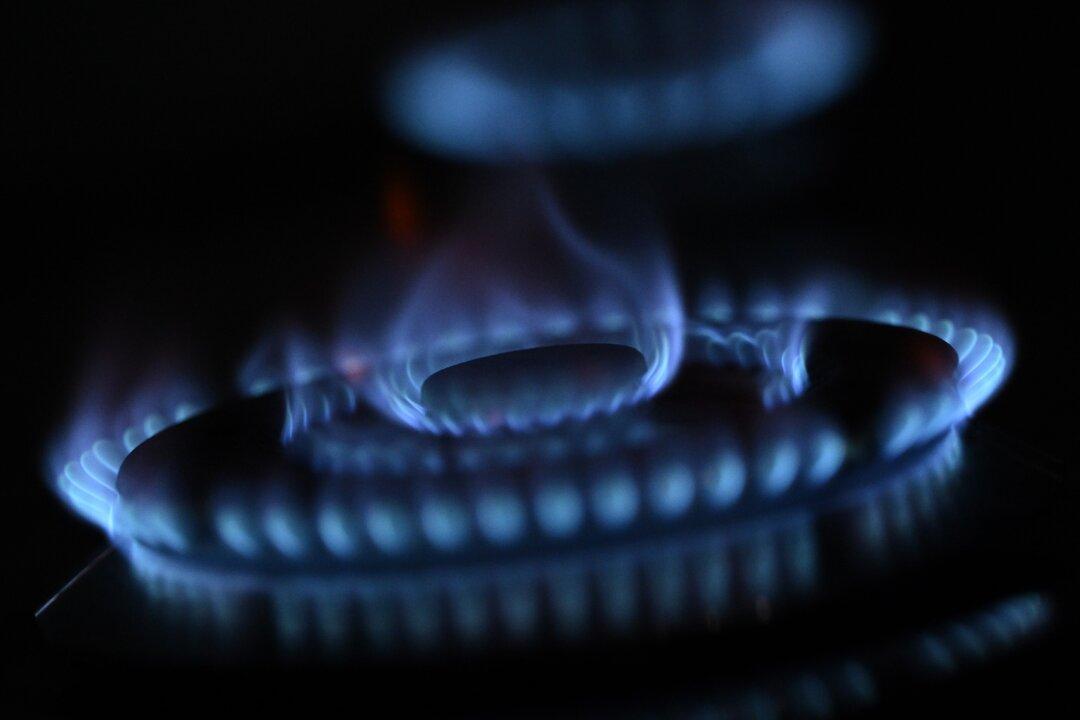The Australian state of New South Wales (NSW) will continue to allow its residents to include gas connections in their new homes following a total ban announced by the Victorian government.
On July 28, the Victorian government made a surprise move by announcing a ban on gas connections for all new residential and government buildings from Jan. 1, 2024.





